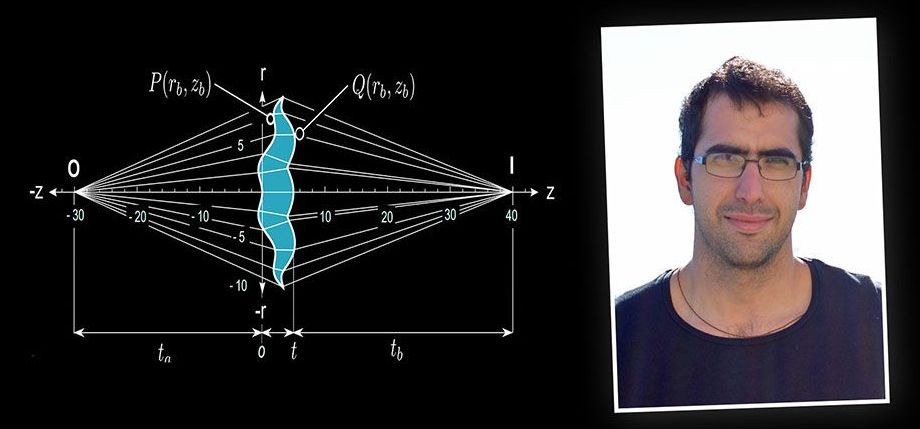Under his plan, “Justice and Safety for All,” Bernie Sanders wants to ban facial recognition software for policing. As a supporter of Sanders, I’m going to have to respectfully disagree. Here’s why…
Last Sunday, presidential-hopeful Bernie Sanders released on his website what is arguably one of the most extensive plans for law enforcement oversight and criminal justice overhaul that the United States has ever seen. As a progressive, myself, and supporter of Sanders during his primary run, I fully endorse everything that’s been laid out in this plan— that is, except for one minor policy.
The plan, titled “Justice and Safety for All,” calls to “Ban the use of facial recognition software for policing.” It also calls for a “moratorium on the use of the algorithmic risk assessment tools in the criminal justice system until an audit is completed,” whereby the audit would “ensure these tools do not have any implicit biases that lead to unjust or excessive sentences.”
I’m perfectly fine with the policy on algorithmic risk assessment tools being used by our criminal justice system. It’s not a total ban; it simply serves as a temporary safety measure until it’s been proven that these algorithms won’t carry with them any unjust biases. But when it comes to Sanders’ policy on banning facial recognition software for policing, I simply cannot get behind it.








